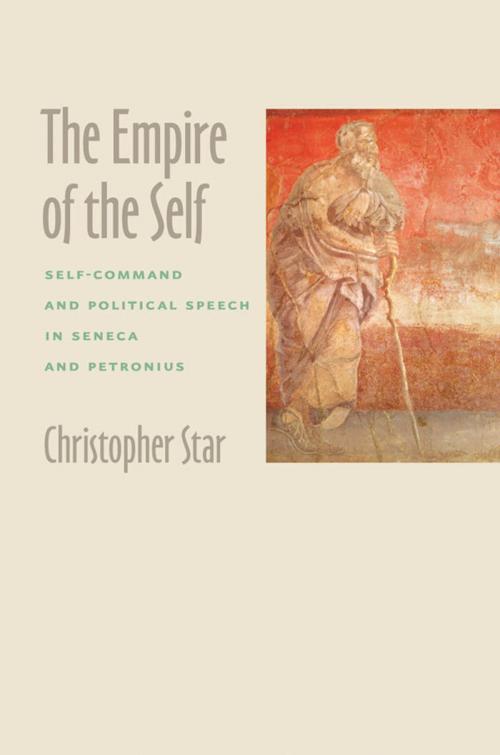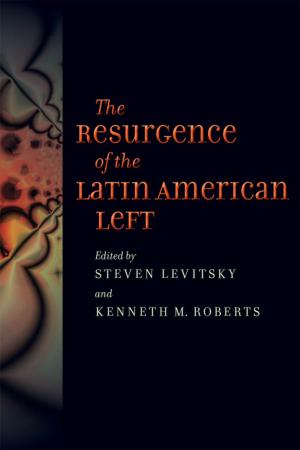The Empire of the Self
Self-Command and Political Speech in Seneca and Petronius
Fiction & Literature, Literary Theory & Criticism, Ancient & Classical, Nonfiction, History, Ancient History, Rome| Author: | Christopher Star | ISBN: | 9781421407265 |
| Publisher: | Johns Hopkins University Press | Publication: | December 1, 2012 |
| Imprint: | Language: | English |
| Author: | Christopher Star |
| ISBN: | 9781421407265 |
| Publisher: | Johns Hopkins University Press |
| Publication: | December 1, 2012 |
| Imprint: | |
| Language: | English |
In The Empire of the Self, Christopher Star studies the question of how political reality affects the concepts of body, soul, and self. Star argues that during the early Roman Empire the establishment of autocracy and the development of a universal ideal of individual autonomy were mutually enhancing phenomena. The Stoic ideal of individual empire or complete self-command is a major theme of Seneca’s philosophical works. The problematic consequences of this ideal are explored in Seneca’s dramatic and satirical works, as well as in the novel of his contemporary Petronius.
Star examines the rhetorical links between these diverse texts. He also demonstrates a significant point of contact between two writers generally thought to be antagonists—the idea that imperial speech structures reveal the self.
In The Empire of the Self, Christopher Star studies the question of how political reality affects the concepts of body, soul, and self. Star argues that during the early Roman Empire the establishment of autocracy and the development of a universal ideal of individual autonomy were mutually enhancing phenomena. The Stoic ideal of individual empire or complete self-command is a major theme of Seneca’s philosophical works. The problematic consequences of this ideal are explored in Seneca’s dramatic and satirical works, as well as in the novel of his contemporary Petronius.
Star examines the rhetorical links between these diverse texts. He also demonstrates a significant point of contact between two writers generally thought to be antagonists—the idea that imperial speech structures reveal the self.















